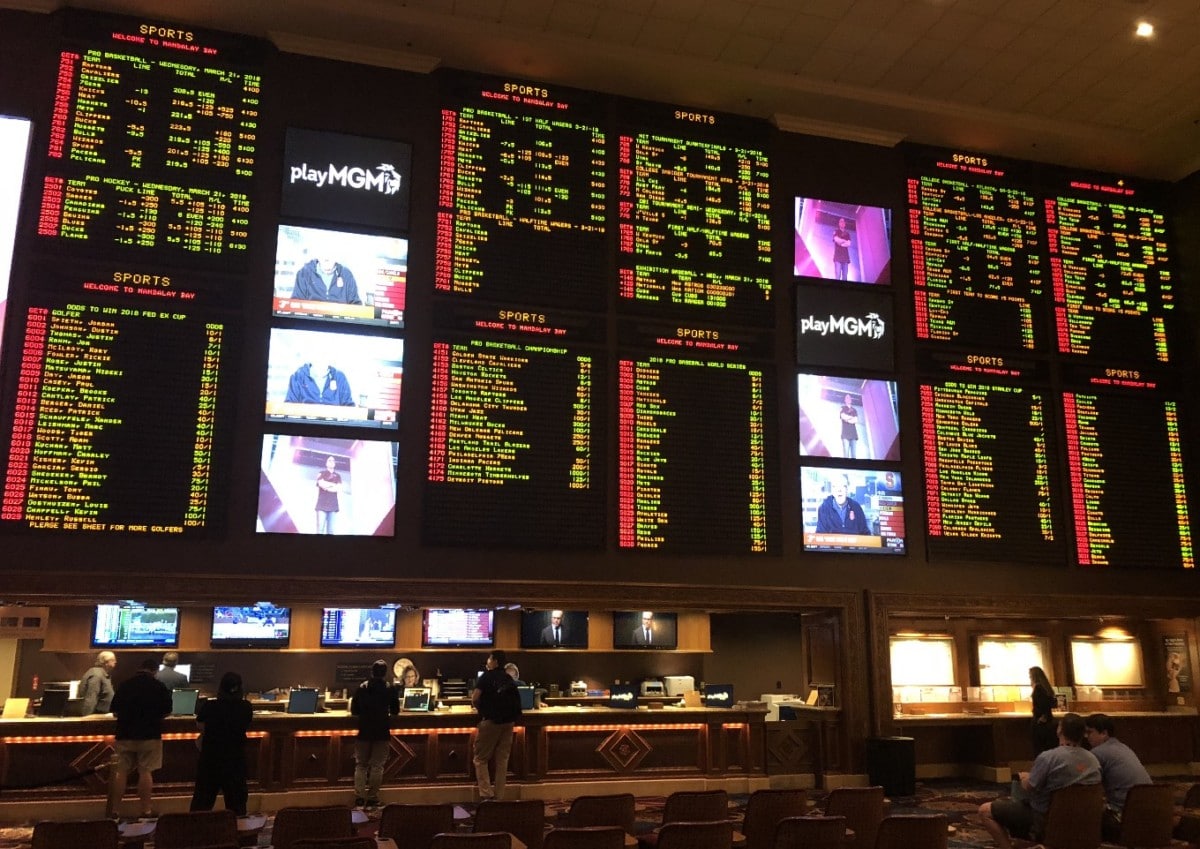In a monumental decision, the U.S. Supreme Court has overturned the Professional and Amateur Sports Protection Act which has outlawed sports betting in 46 states across the country.
With the decision, it will now be left to individual states to determine whether or not they will allow betting on sports, and Mississippi could help lead the way in benefiting from the court’s ruling.
The case was brought forward by the state of New Jersey, but it quickly took on a national platform as many states waited to hear the verdict. During the time that the case was pending, Mississippi, New Jersey, New York, Pennsylvania and Connecticut each passed laws within their state governments allowing sports betting, should the Supreme Court rule in the states’ favor.
In their decision, the Supreme Court noted that they cannot hold this type of power over each state when it comes to legalized sports betting.
“The legalization of sports gambling requires an important policy choice, but the choice is not ours to make.” – Justice Samuel Alito
For Mississippi, gaming already represents a large portion of the state’s tourism funding and it could stand to see an increase with the allowance of sports betting. Rep. Scott DeLano has been a supporter of sports betting in Mississippi and says that while the sports betting may not exponentially boost revenue in the state, it will have a trickle-down effect in other areas.
“I think that sports betting has an opportunity to provide a small amount of new revenue to the state, but more importantly, it provides a better entertainment value for the people coming to the state and it will drive more people into the state to spend their money.”
All funds brought in from sports betting will go into the state’s general fund and can be distributed to areas of need such as infrastructure, healthcare or education.
As far as how much Mississippi stands to gain, it may be all about beating everyone else to the punch. DeLano said that the gaming commission was most likely able to anticipate a favorable ruling, and now it is up to them to get regulations up and running to put Mississippi in the best position to move forward.
“Everyone understands that the first to market with this new regulation will be the ones to receive the largest amount of private investment, and I bet that there are plans that will be adopted pretty quickly within the boardrooms of these gaming companies all over the country to try to get to the market as quickly as possible,” DeLano said. “So, we are just going to have to wait and see what the gaming commission does and how quickly they can act.”
DeLano’s point was backed up by Allen Godfrey, Executive Director of the Mississippi Gaming Commission, who says that Mississippi is leading the charge in the region.
“There’s no state that’s anywhere near us that has even talked about [sports betting]. We’ve got the law on the books, and I don’t think that Arkansas, Tennessee, Alabama, Florida or Georgia have even considered it,” Godfrey said, “I think it’s a huge deal if you want to generate foot traffic coming into a property.”
The big question then becomes, when will sports betting make its way to Mississippi? According to Godfrey, steps need to be taken such as public input and finalizing regulations, but betting may be around by mid-summer. Betting most likely won’t be coming to mobile devices, as current regulations state that betting must take place inside of a casino.
“It has to be in a brick and mortar casino. You have to be a licensed casino to offer it,” Godfrey said.
In Mississippi, collegiate athletics are king, and DeLano mentioned that specific steps need to be taken to ensure the protection of the integrity of the game; for both the public and the student-athletes. As for the NCAA’s reaction to the ruling, they are still working to identify its impact on college sports.
“Today the United States Supreme Court issued a clear decision that PASPA is unconstitutional, reversing the lower courts that held otherwise. While we are still reviewing the decision to understand the overall implications to college sports, we will adjust sports wagering and championship policies to align with the direction from the court.” – Donald Remy, NCAA chief legal officer
When Mississippi’s initial legislation was passed, it was modeled more specifically to daily fantasy sports and tweaks may be made to the law during the 2019 legislative session.




